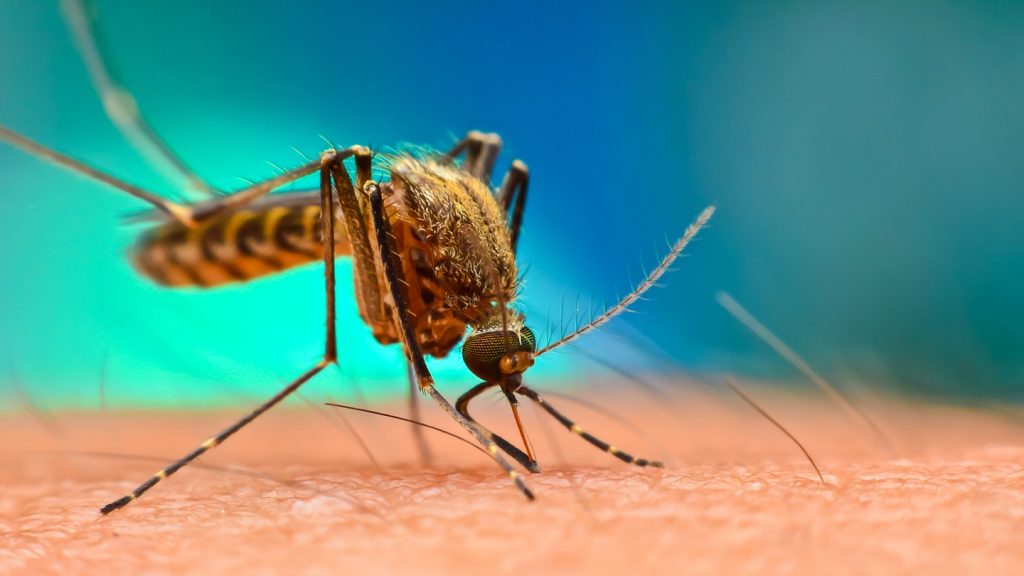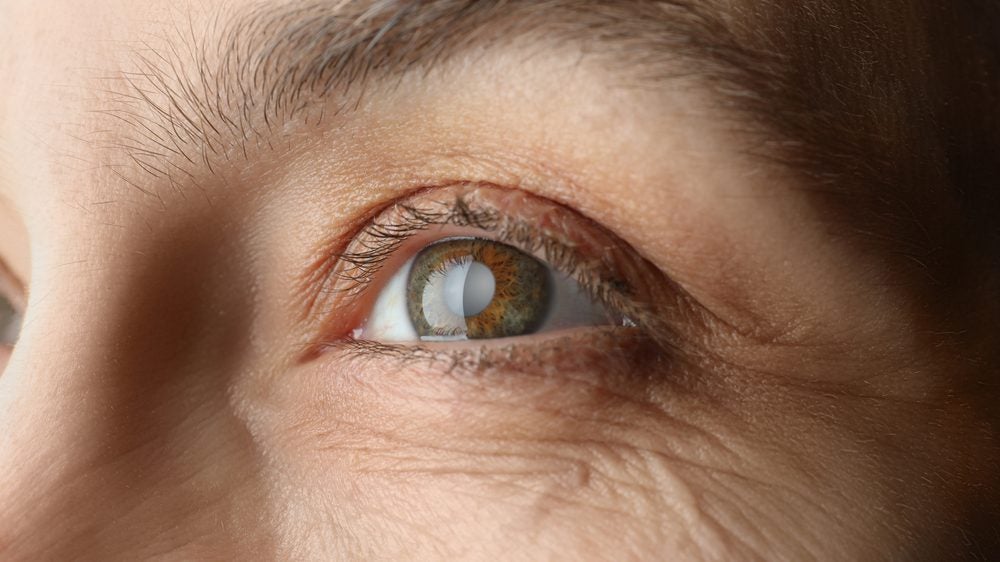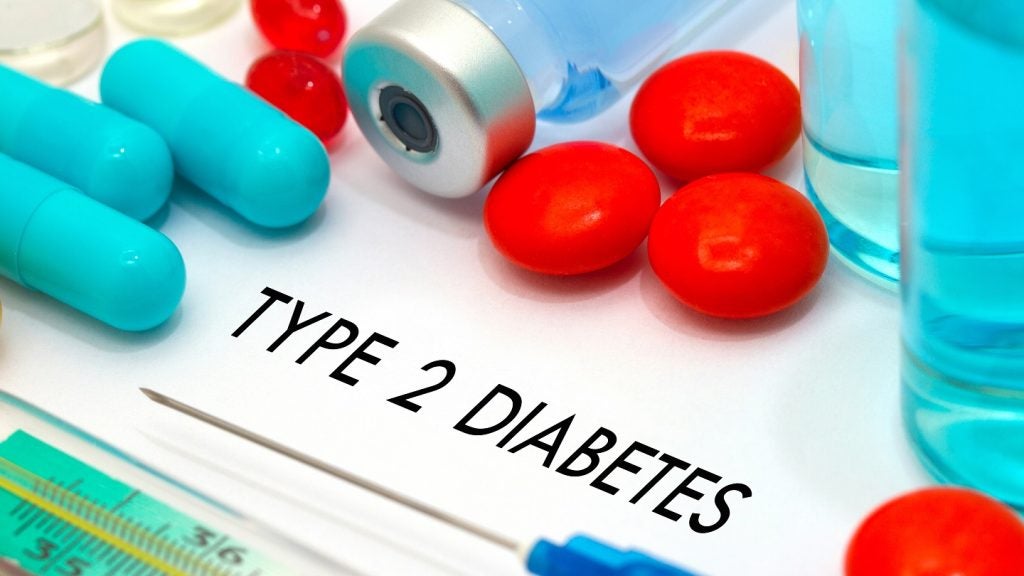Denmark-based Bavarian Nordic has reported positive topline data from a Phase III study of its virus-like particle (VLP)-based chikungunya virus vaccine CHIKV VLP (PXVX0317) in adults and adolescents.
The placebo-controlled, double-blind, randomised study enrolled a total of 3,254 participants aged 12 to 64 years.
They were randomised to receive either a single injection of the adjuvanted vaccine intramuscularly or placebo.
On day 22, chikungunya-neutralising antibodies were found in 98% of vaccinees in the active group who received the candidate.
The primary objective of the study was also met by reaching the threshold of antibodies, which were equal to or exceeded the levels, as agreed with authorities as a marker of seroprotection.
These antibodies were also found at two weeks after vaccination in 97% of the subjects proving a quick onset of protective immunity levels.
Mild or moderate adverse events were reported in the adolescent and adult populations. However, the vaccine was well-tolerated in this group.
A similar Phase III study of the vaccine was carried out in adults ≥65 years of age, which demonstrated that the candidate induced neutralising antibodies in 87% of vaccinees on day 22.
Bavarian Nordic president and CEO Paul Chaplin said: “Our focus remains to finalise the studies and prepare for regulatory submissions next year.
“With a fast and durable response, our vaccine has the potential to be the best in class to prevent chikungunya infections in adolescents to elderly adults.”
“With international travel on the rise again, our CHIKV vaccine offers a significant opportunity to address this large unmet medical need.”
EMA granted PRIME designation to CHIKV VLP while FDA provided breakthrough therapy and fast track designations.
The company is also engaged in developing, manufacturing and marketing life-saving vaccines, including smallpox and mpox vaccines.














